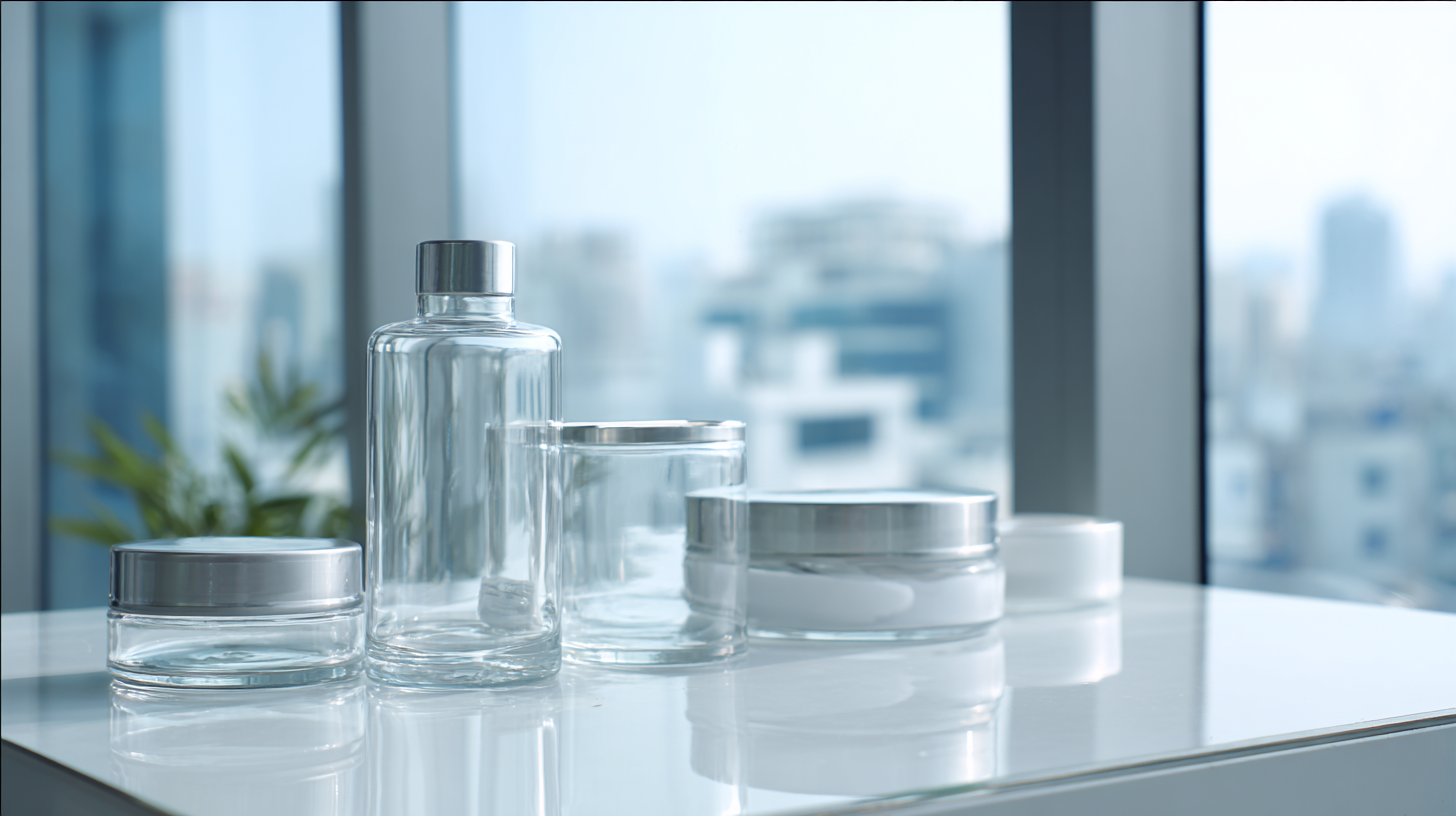
In recent years, the demand for innovative building materials has surged, particularly for Self-Cleaning Glass, which offers a sustainable solution for maintaining cleanliness and aesthetic appeal in architectural designs. According to a report by MarketsandMarkets, the self-cleaning glass market is projected to reach USD 4.29 billion by 2025, growing at a CAGR of 15.6%. This significant growth underscores the importance of identifying quality manufacturers capable of producing high-performance self-cleaning glass products. By understanding the key characteristics that define reputable manufacturers, stakeholders can ensure they invest in durable and efficient solutions that not only enhance property value but also contribute to environmental sustainability. As the market expands, discerning consumers must navigate an array of options, making it crucial to recognize the standards that separate industry leaders from others in the field.

The quality of self-cleaning glass products is paramount in ensuring durability, effectiveness, and customer satisfaction. Quality in manufacturing directly influences the performance of the glass, such as its ability to repel dirt and resist water stains. When selecting manufacturers, it is imperative to assess their production processes and the materials used. A manufacturer committed to high standards will utilize advanced technologies and rigorous testing methods to guarantee that their products meet industry benchmarks.

Moreover, understanding the importance of quality in self-cleaning glass goes beyond functionality; it impacts long-term maintenance costs and customer trust. High-quality self-cleaning glass not only looks aesthetically pleasing but also offers a reliable solution that minimizes cleaning time and effort for users.
Therefore, manufacturers that prioritize quality in their processes often establish a solid reputation in the market, leading to greater consumer loyalty and industry recognition. By focusing on these critical aspects, buyers can make informed choices and invest in self-cleaning glass products that deliver lasting value.
When seeking high-quality self-cleaning glass products, understanding the key features is crucial to ensure durability and efficiency. One of the primary features to consider is the coating technology used in the product. Advanced self-cleaning glass typically utilizes a photocatalytic and hydrophilic coating, which allows dirt and grime to break down when exposed to sunlight. According to a report by Smithers Pira, the global market for self-cleaning glass is projected to reach $6 billion by 2025, reflecting a substantial demand for innovative cleaning solutions.
Another essential aspect to examine is the performance rating of the glass. High-quality self-cleaning glass products often come with a tested performance index, showcasing their effectiveness in various environmental conditions. Products certified by organizations like the American Society for Testing and Materials (ASTM) are preferred, as they undergo rigorous testing to ensure their self-cleaning capabilities meet industry standards. A study from Market Research Future indicates that the self-cleaning glass sector is expected to grow by 9% annually, driven by increasing urbanization and the need for low-maintenance building solutions. As such, manufacturers with transparent testing results and certifications are ideal candidates for high-quality offerings in this evolving market.

When searching for high-quality self-cleaning glass products, evaluating manufacturer credentials and industry experience is crucial. According to a report by Research and Markets, the global self-cleaning glass market is projected to reach $5.85 billion by 2024, growing at a CAGR of 18.68%. This surge indicates not only a burgeoning demand for innovative glass solutions but also highlights the need for manufacturers who can meet rigorous standards of quality and performance. Checking for industry certifications, such as ISO 9001, can serve as a benchmark for quality management systems, ensuring that manufacturers adhere to strict guidelines throughout the production process.
Furthermore, industry experience plays a significant role in a manufacturer's ability to deliver reliable self-cleaning glass products. A study by Grand View Research reveals that companies with over a decade of experience in glass manufacturing demonstrate a higher success rate in innovation and technology integration. These seasoned manufacturers are often more adept at navigating regulatory requirements and technological advancements, enabling them to produce superior self-cleaning solutions that stand the test of time. Therefore, when identifying potential manufacturers, prioritize those with proven experience and accredited certifications to ensure the quality and durability of the products you are considering.
| Manufacturer Type | Experience (Years) | Certifications | Product Range | Customer Reviews (Average Rating) |
|---|---|---|---|---|
| OEM Manufacturer | 15 | ISO 9001, CE | Standard & Custom Solutions | 4.5 |
| Contract Manufacturer | 10 | ISO 14001 | Custom Coating Technologies | 4.7 |
| Sole Proprietorship | 5 | None | Limited Edition Products | 4.0 |
| International Supplier | 20 | ISO 9001, ASTM | Wide Range of Products | 4.6 |
When searching for high-quality manufacturers of self-cleaning glass products, analyzing customer reviews can provide invaluable insights. Customers often share their real-world experiences, highlighting both the advantages and drawbacks of the products. A thorough examination of these reviews enables potential buyers to gauge the reliability and performance of various manufacturers. Look for consistent feedback regarding durability, effectiveness of the self-cleaning technology, and overall customer satisfaction. This qualitative data can help distinguish between manufacturers who are genuinely committed to quality and those who merely make claims without delivering results.
In addition to customer reviews, case studies provide a deeper understanding of how self-cleaning glass products have performed in various applications. These studies often showcase specific scenarios where these products have excelled, such as in commercial buildings, residential homes, or public spaces. By reviewing these case studies, prospective buyers can assess the suitability of a manufacturer’s products for their own needs. Observing the outcomes and implications of previous implementations can reveal crucial information about product longevity and maintenance requirements, enabling informed decisions when selecting a manufacturer.
Emerging technologies in self-cleaning glass have significantly impacted product quality and efficiency, driven by innovations in materials and coatings. Recent studies indicate that self-cleaning glass can reduce maintenance costs by up to 70%, thanks to advanced photocatalytic and hydrophilic technologies. Photocatalytic coatings utilize UV light to break down organic dirt and grime, while hydrophilic surfaces allow water to spread evenly, effectively washing away contaminants. According to a report by Market Research Future, the global market for self-cleaning glass is projected to grow at a CAGR of 20.8% between 2022 and 2028, underscoring the increasing demand for high-quality building materials that require minimal upkeep.
The integration of nanotechnology has further enhanced the performance of self-cleaning glass, improving its scratch resistance and durability. Research from the Nano Glass Consortium indicates that the application of nanostructured coatings can enhance the longevity of self-cleaning properties, maintaining efficacy for longer periods. As manufacturers adopt these emerging technologies, the need for rigorous quality control processes becomes essential. Companies that focus on these advanced manufacturing techniques are likely to produce superior self-cleaning glass products, meeting the rising expectations of consumers and commercial clients alike.